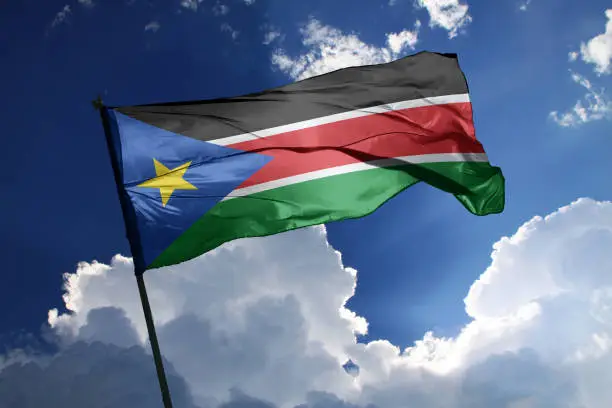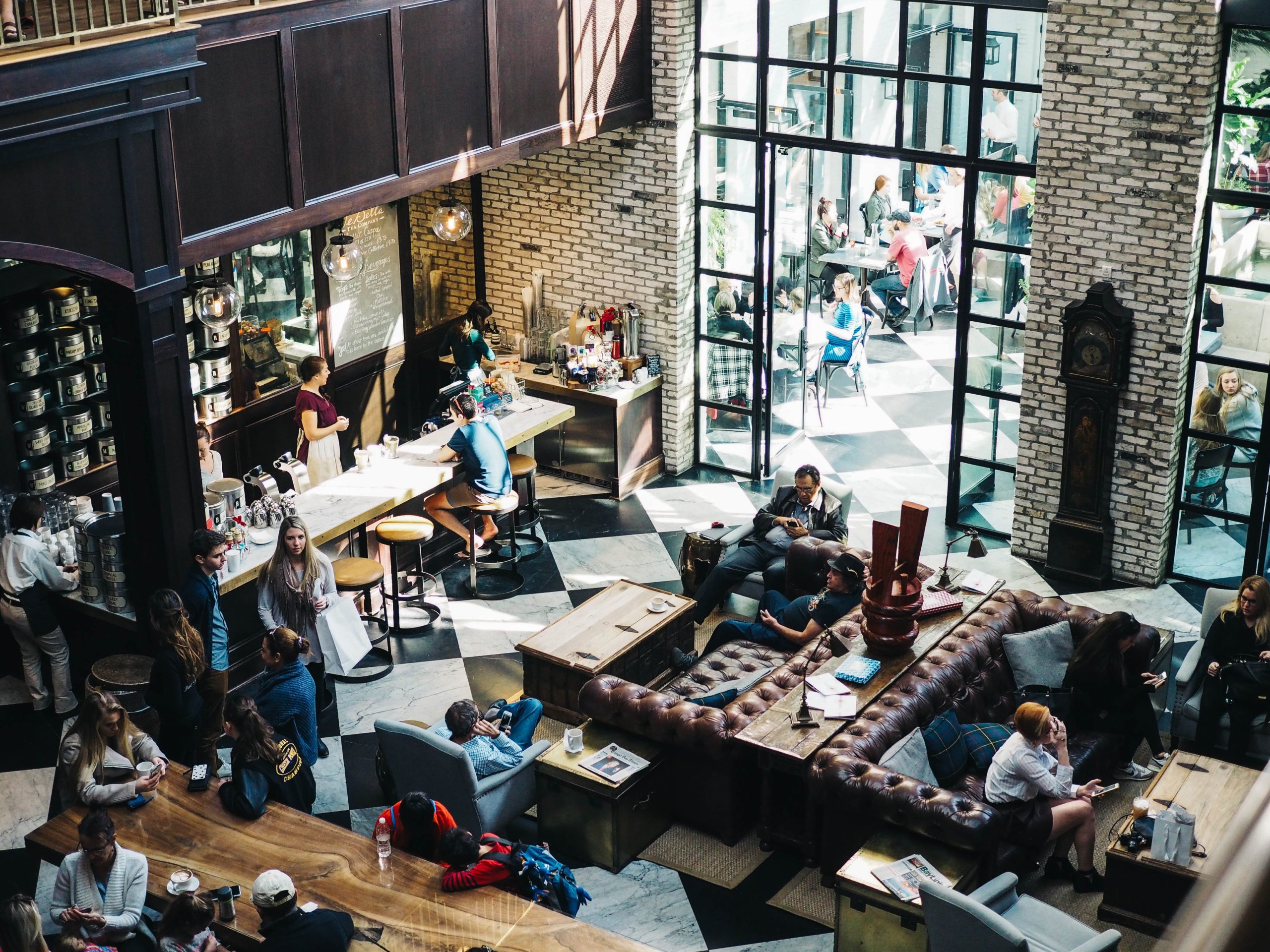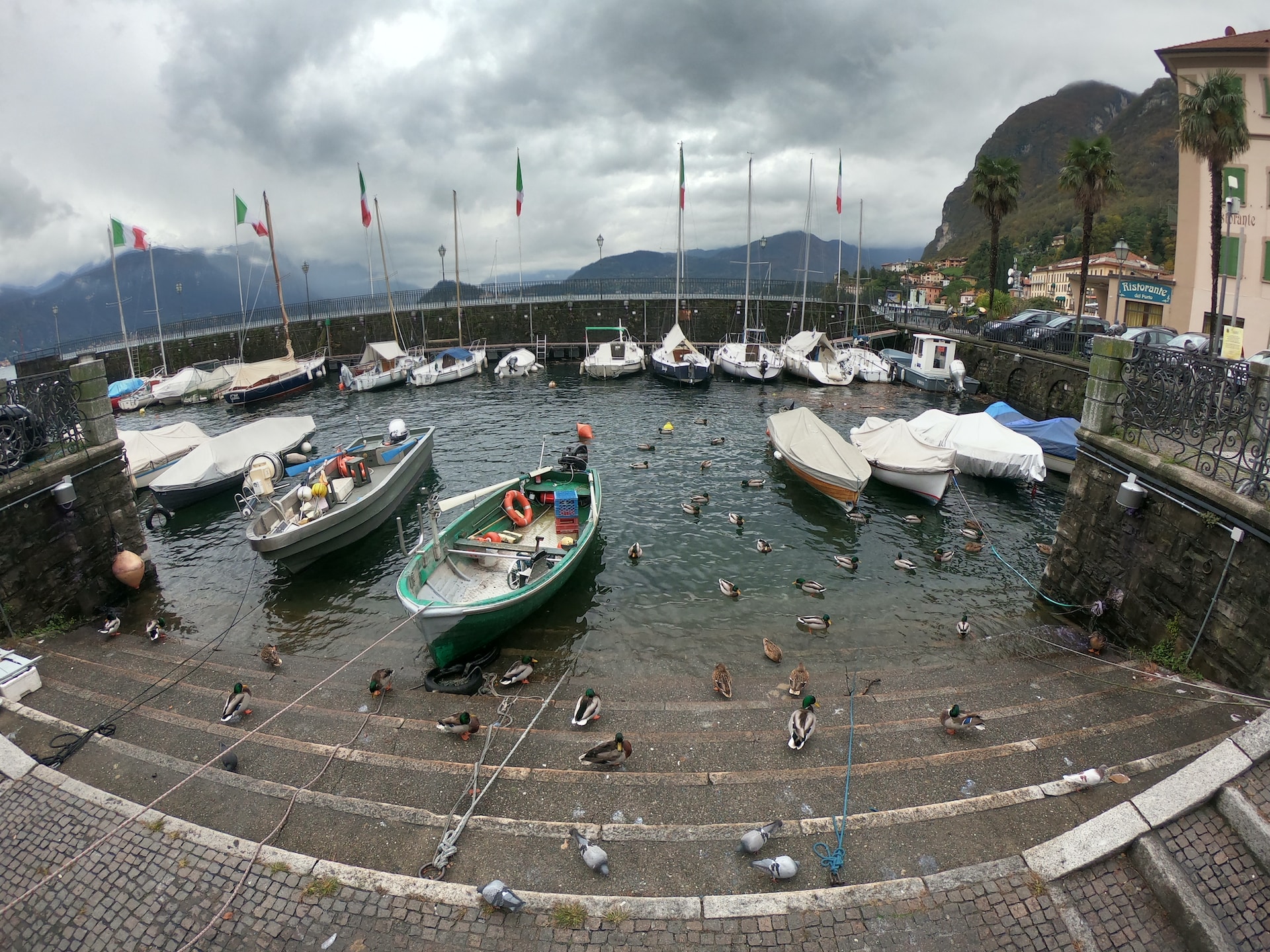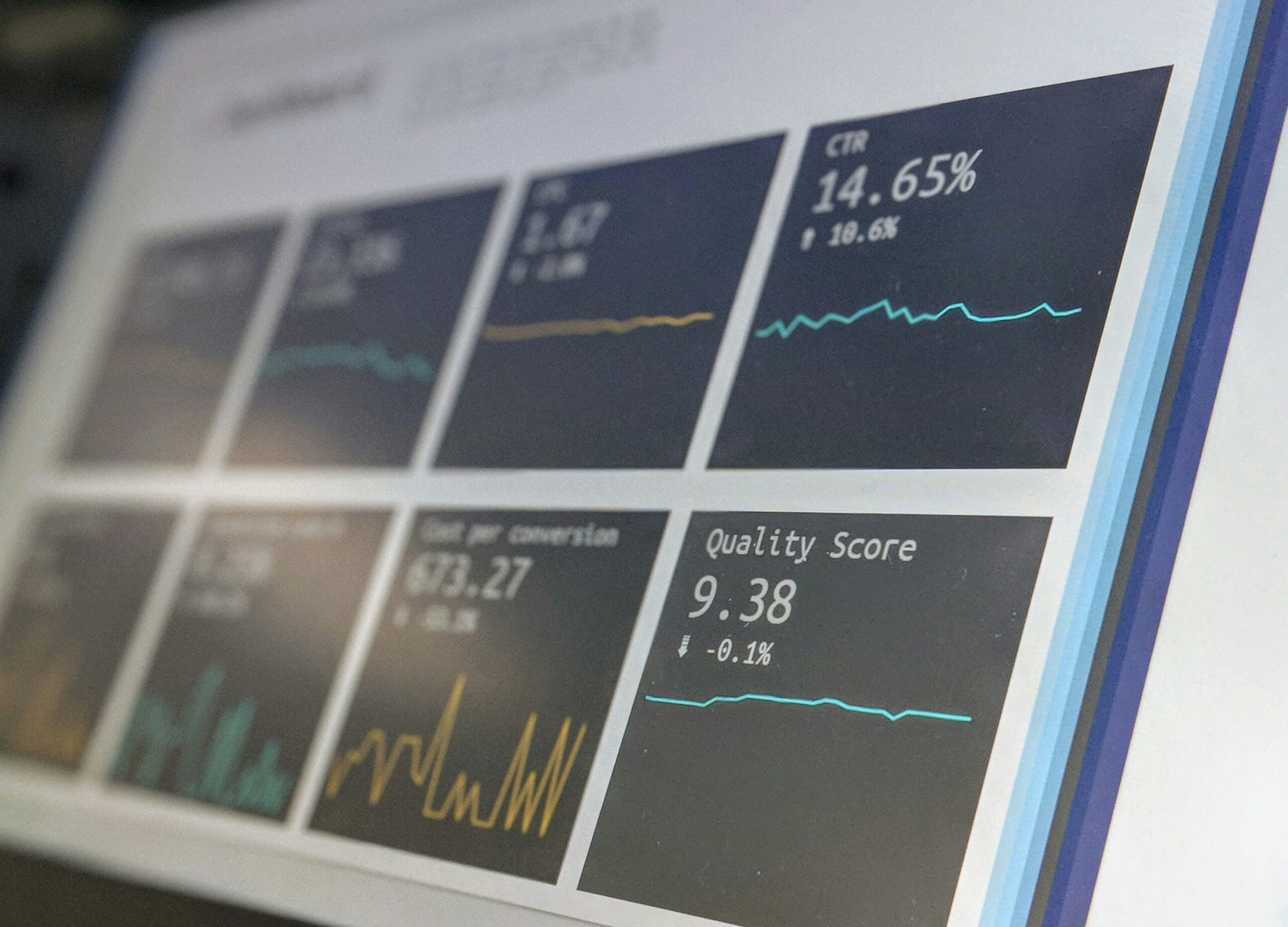The seat of the Roman Catholic Church, Vatican City is a tiny city-state in Italy that is encircled by the capital city of Rome. The nation does not have a diverse variety of businesses like other nations or cities because of its tiny size and unique role as the headquarters of the Catholic Church. Nonetheless, Vatican City does have a few significant industries, which are described in more depth below.
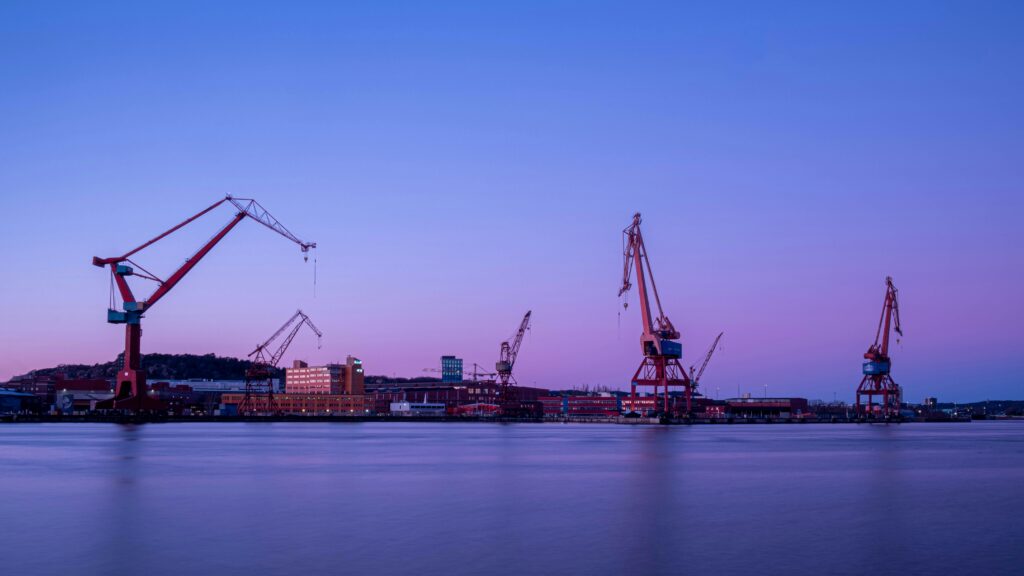
Tourism
Vatican City is one of the most frequented tourist attractions in the world. In 2019, it attracted nearly 6 million people, making it the 37th most visited city in the world. Most people come to view the Vatican Museums and St. Peter’s Basilica, both of which are situated inside the city-state. A large collection of artwork and antiquities, including pieces by well-known painters like Raphael and Caravaggio, may be seen at the Vatican Museums. The Vatican Museums also include the Sistine Chapel, which is well-known for the Michelangelo-painted ceiling fresco on its walls. St. Peter’s Basilica is one of the world’s biggest cathedrals and is regarded as a masterpiece of Renaissance design. Also, visitors may go to the dome’s summit for sweeping views of Rome.
Philately
The Vatican Philatelic and Numismatic Office is responsible for creating and distributing Vatican City stamps and coins. An average of 80 to 100 stamps are produced by the office annually and sold to collectors all over the globe. Several stamps include religious themes, such as representations of popes, saints, and biblical settings. The Vatican also releases commemorative coins, which often include depictions of religious leaders or occasions and are made of precious metals.
Banking
The Institute for the Works of Religion, the official name for the Vatican Bank, was established in 1942 to oversee the Holy See’s financial resources. A variety of financial services are offered by the bank, including deposit accounts, investment management, and foreign exchange. The bank has a reputation for secrecy and is not accessible to the general public, both of which have generated controversy in the past. The Vatican has worked to improve transparency and stop money laundering in recent years.
Religion-related actions
Being the seat of the Roman Catholic Church, Vatican City is the location of several religious events. The Apostolic Palace is where the Pope, who is the leader of the Catholic Church, resides. Several more Catholic-affiliated institutions, like schools, hospitals, and philanthropic organizations, are located in the city-state. Another significant component of the city-economy state is religious tourism. Many tourists travel to attend religious events like the Papal Audience, when the Pope addresses the general public once a week, or Mass or other religious services.
Publishing
Books, journals, and other publications about the Roman Catholic Church and the Holy See are published by the Vatican Publishing House, commonly known as the Libreria Editrice Vaticana. The company was established in 1926. Pope Francis, Pope Benedict XVI, and Pope John Paul II are just a few of the renowned Catholic writers whose writings have been published by this journal. Italian, English, Spanish, French, and other languages are among the books that the publishing business creates.
Renewable energy
In recent years, Vatican City has worked to encourage renewable energy sources and lessen its carbon impact. The city-state has many solar panels put on the tops of its structures, which provide enough power to satisfy around 20% of the city-energy state’s requirements. The nation made intentions to become the first carbon-neutral nation by 2050 public in 2020. The city-state is taking several steps toward achieving this aim. This includes the usage of electric cars, the addition of additional solar panels, and the employment of energy-efficient technology in its structures.
In conclusion, the top four industries of Vatican City are tourism, philately, banking, and religious pursuits. Other sectors in the nation include publishing and renewable energy. Even if they may not be as varied as those in other nations, these industries are very important to the city-economy state. They are also important for the preservation of its distinctive cultural and historical legacy.
You may also find these articles helpful
Leading industries in Montenegro
Leading industries in Moldova
Leading industries in San Marino

